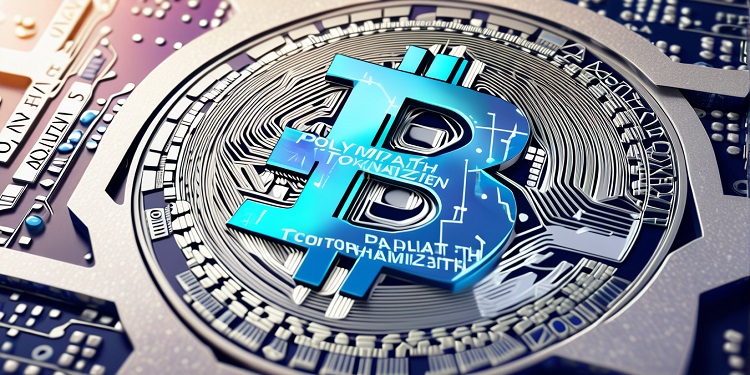AGII, a platform leveraging artificial intelligence within the Web3 ecosystem, has made a significant advancement by launching autonomous AI frameworks designed to refine and automate the execution of smart contracts. This initiative is considered a strategic move by the company to reinforce its standing as a pioneer in Web3 infrastructure, where intelligent automation is being increasingly integrated into decentralized processes.
AI Integration Enhances Contract Intelligence
The newly unveiled frameworks are built to enhance the autonomous capabilities of smart contracts, enabling them to adapt in real time and make predictive decisions across blockchain platforms. By embedding machine learning into these decentralized systems, AGII appears to be offering a solution that can dynamically interpret network activity, monitor user interactions, and analyze evolving on-chain data. This results in reduced dependency on human intervention, mitigating the chances of manual errors and streamlining blockchain operations.
These intelligent frameworks are expected to elevate the responsiveness and precision of smart contracts, which traditionally rely on static code and pre-defined conditions. With the infusion of AI, smart contracts under AGII’s model are reportedly capable of continuous learning and adjustment, effectively responding to changing blockchain conditions as they arise.
Optimizing Decentralized Operations
From a broader perspective, AGII’s innovation seems poised to redefine how both developers and enterprises engage with blockchain-based agreements. Through AI-enhanced automation, these smart contracts are said to possess the ability to not only correct operational deviations on their own but also optimize performance based on real-time inputs. This suggests a shift toward self-regulating decentralized applications that can maintain efficiency even as they scale or encounter fluctuating demand.
In addition, AGII’s system reportedly allows these AI-powered contracts to expand or contract operations based on live data feedback, offering a more agile and responsive environment for decentralized applications (dApps). As a result, businesses operating on blockchain networks may benefit from improved performance, heightened security, and a notable reduction in system vulnerabilities.
Paving the Way for Scalable, Secure dApps
AGII’s introduction of AI into contract logic represents more than just a technical improvement—it signals a potential evolution in the design and deployment of decentralized applications. By equipping smart contracts with the ability to learn and adapt continuously, the platform appears to be encouraging the development of dApps that are not only more scalable but also inherently more resilient.
Industry observers note that this kind of automation could lower the barriers for widespread enterprise adoption of blockchain technology. Organizations may become more willing to integrate Web3 solutions when operational complexities are reduced through intelligent frameworks capable of managing themselves with minimal oversight.
In essence, AGII’s autonomous AI frameworks are positioned to usher in a new era of decentralized computing where smart contracts behave more like intelligent agents—capable of evolving alongside the data they manage and the ecosystems they support. As decentralized systems grow more complex, such innovations may play a key role in ensuring that the future of blockchain remains efficient, secure, and adaptive.









